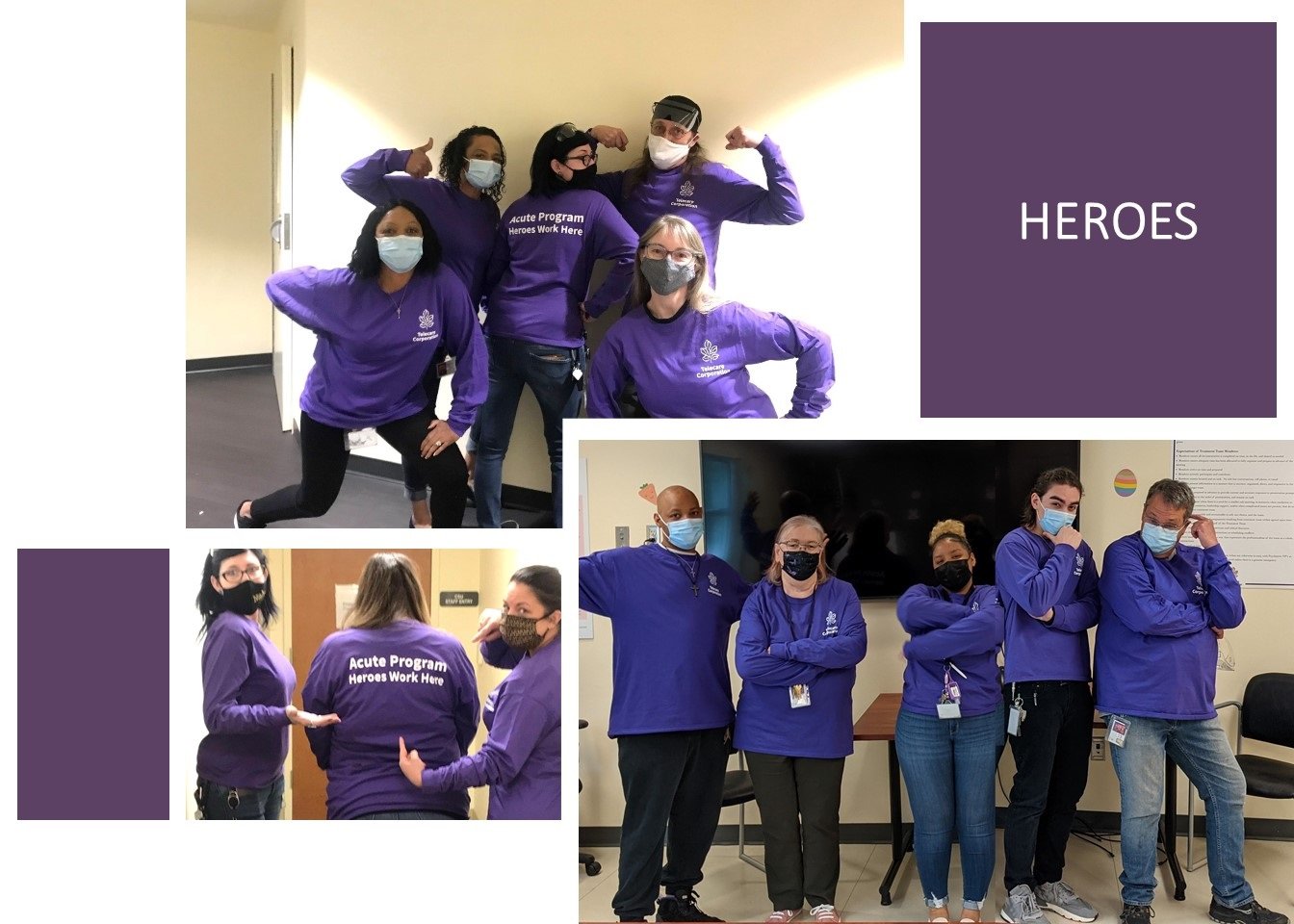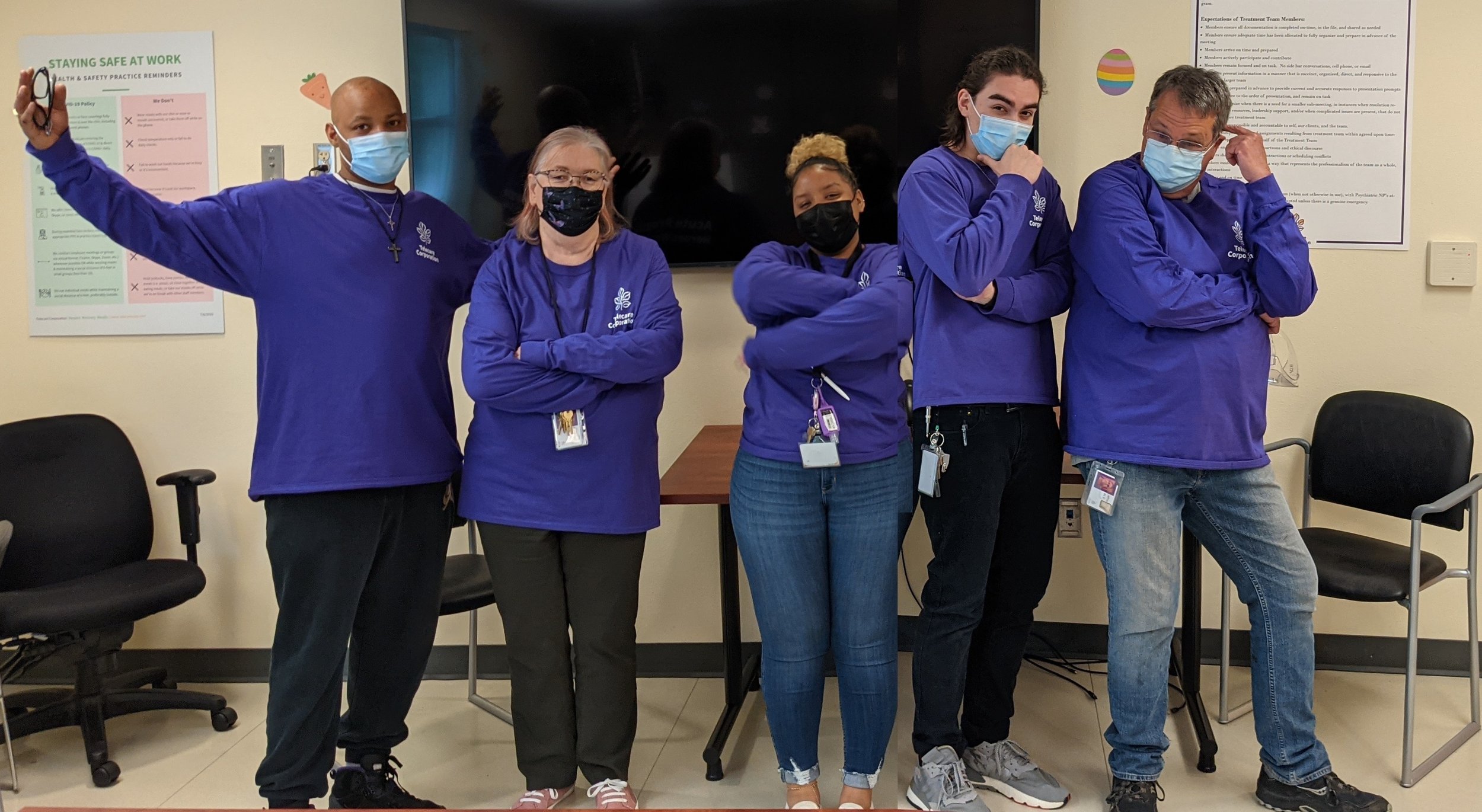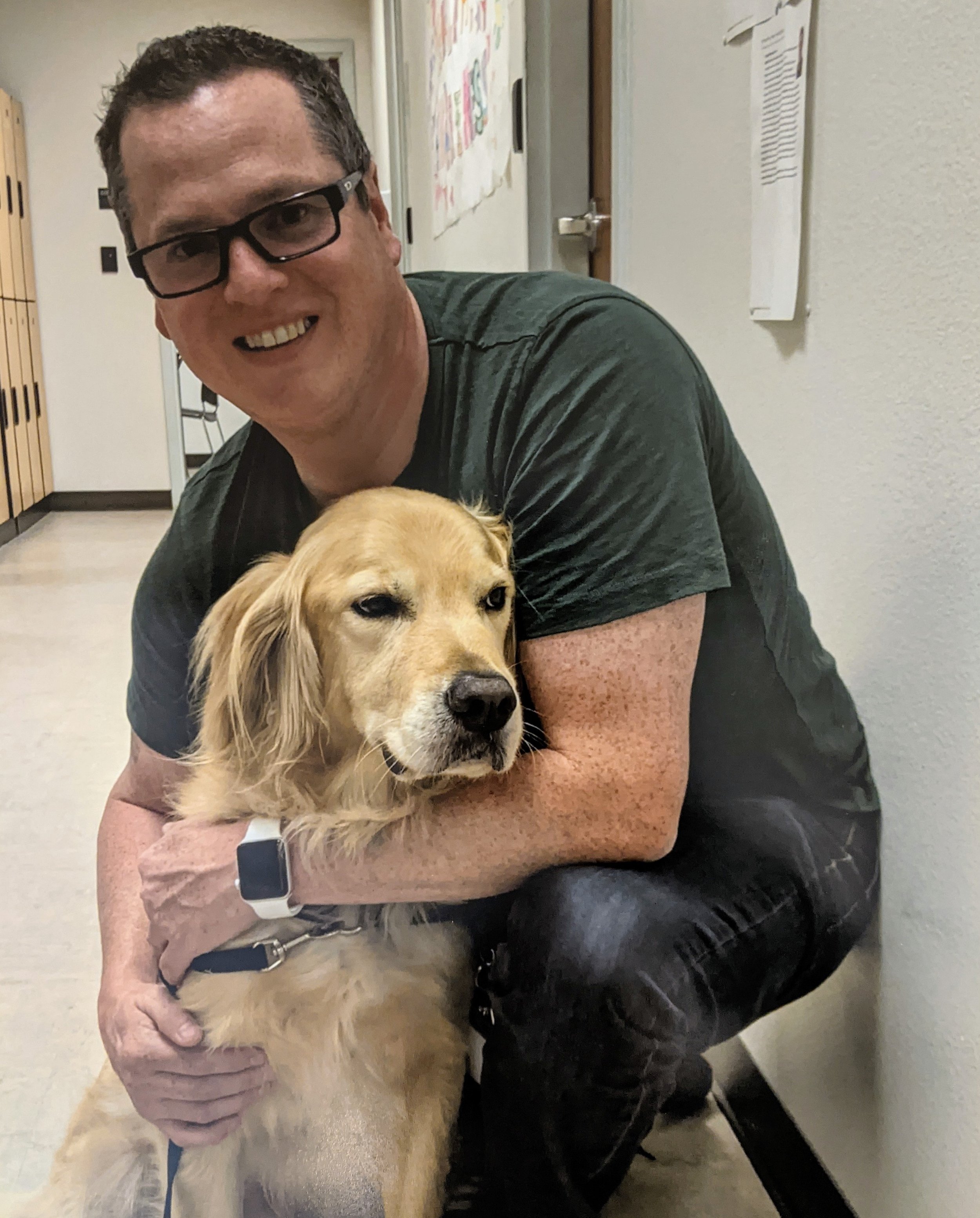É«ÖĐÉ« Thurston Mason Evaluation & Treatment (E&T) (259)
At the É«ÖĐÉ« Thurston Mason Evaluation and Treatment (E&T) center, we provide intensive mental health and psychiatric treatment services in a safe, welcoming environment for adults experiencing a mental health emergency.
3436 Mary Elder Road NE
Olympia, WA 98506
360-528-2590 Main
360-528-2594 Fax



Program News
Program Collateral & Information
Essentials at a Glance
Program Type: Acute
To Make Referrals: Referrals are made primarily through designated crisis responders, but may also be made by local hospital emergency departments, and community providers to É«ÖĐɫ’s Admission Concierge service.
# of Beds: 15 beds
Who We Serve: Residents of Thurston or Mason County, ages 18 and older who have a chronic or serious mental illness disorder and who are experiencing an acute crisis (this is determined through an assessment process with one of our contracted providers). If your family or friend is experiencing a mental health crisis or is in need of help, please visit your local emergency department. If you’re a provider looking for placement, please contact É«ÖĐÉ« Central Admissions at 800-589-5920.
Hours of Operation: Open 24 hours a day, 7 days a week. Visiting hours are 6:00 p.m. to 8:00 p.m. daily.
About the Program: We believe recovery starts from within, and that our job is to do whatever it takes to provide the support needed on the journey to recovery in a comfortable, structured environment. Our secure 15-bed facility includes services provided by professional and paraprofessional staff in accordance with licensing and certification requirements.
Upon arrival, a diverse clinical team will conduct an individualized assessment and work with each individual every step of the way to support their goals in life. Our services emphasize choice-making skills and harm-reduction techniques. We provide a safe, respectful environment where individuals can receive immediate, individualized assistance and a compassionate presence to stabilize symptoms, avoid the need for higher levels of care, and receive appropriate referrals to community-based resources.








